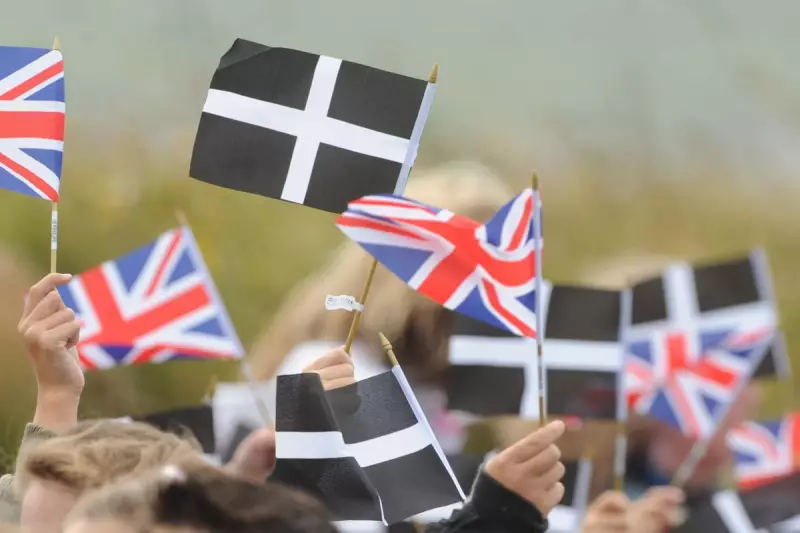
For Perran Moon, a proud Cornishman and former parliamentary candidate, a simple question on a government form ignited a familiar frustration. The dropdown menu offered choices: British, English, Scottish, Welsh, Irish. But where was Cornish?
This digital erasure is a symptom of a much larger issue. Despite being officially recognised as a national minority in 2014, placing the Cornish in the same bracket as the Scots, Welsh, and Irish, the fight for true cultural and political recognition feels far from over.
More Than a Holiday Destination
To the millions of tourists who flock there each summer, Cornwall is a postcard-perfect destination of pristine beaches and cream teas. But for its residents, it is a nation with a distinct identity, language, and history that stretches back centuries as one of the Celtic nations.
The struggle is against being conveniently lumped under the 'English' banner—a classification that ignores a unique heritage and a growing desire for self-determination.
The Devolution Disparity
The core of the grievance lies in the stark contrast of treatment. While Scotland, Wales, and Northern Ireland have their own devolved parliaments with significant powers, Cornwall's own bid for devolution was rejected by Westminster.
This has created a palpable sense of inequality. As Moon points out, the Cornish are told they are a national minority, yet are denied the political tools and recognition that other minority nations take for granted. It’s a recognition in name only, without the substantive power to shape their own future.
A Future Beyond the Mascot
The fear for many activists is that Cornish identity is being reduced to a quaint commodity—a charming mascot for tourism campaigns rather than a living, breathing culture to be nurtured and respected.
True recognition, they argue, would mean integrating the Cornish language into local life, ensuring history is taught in schools, and having a genuine say in the decisions that affect Cornwall’s economy, housing, and environment.
The journey towards full recognition for Cornwall remains fraught with challenges. But as the community continues to assert its identity, it demands to be seen not as a county of England, but as what it has always been: a nation in its own right.





